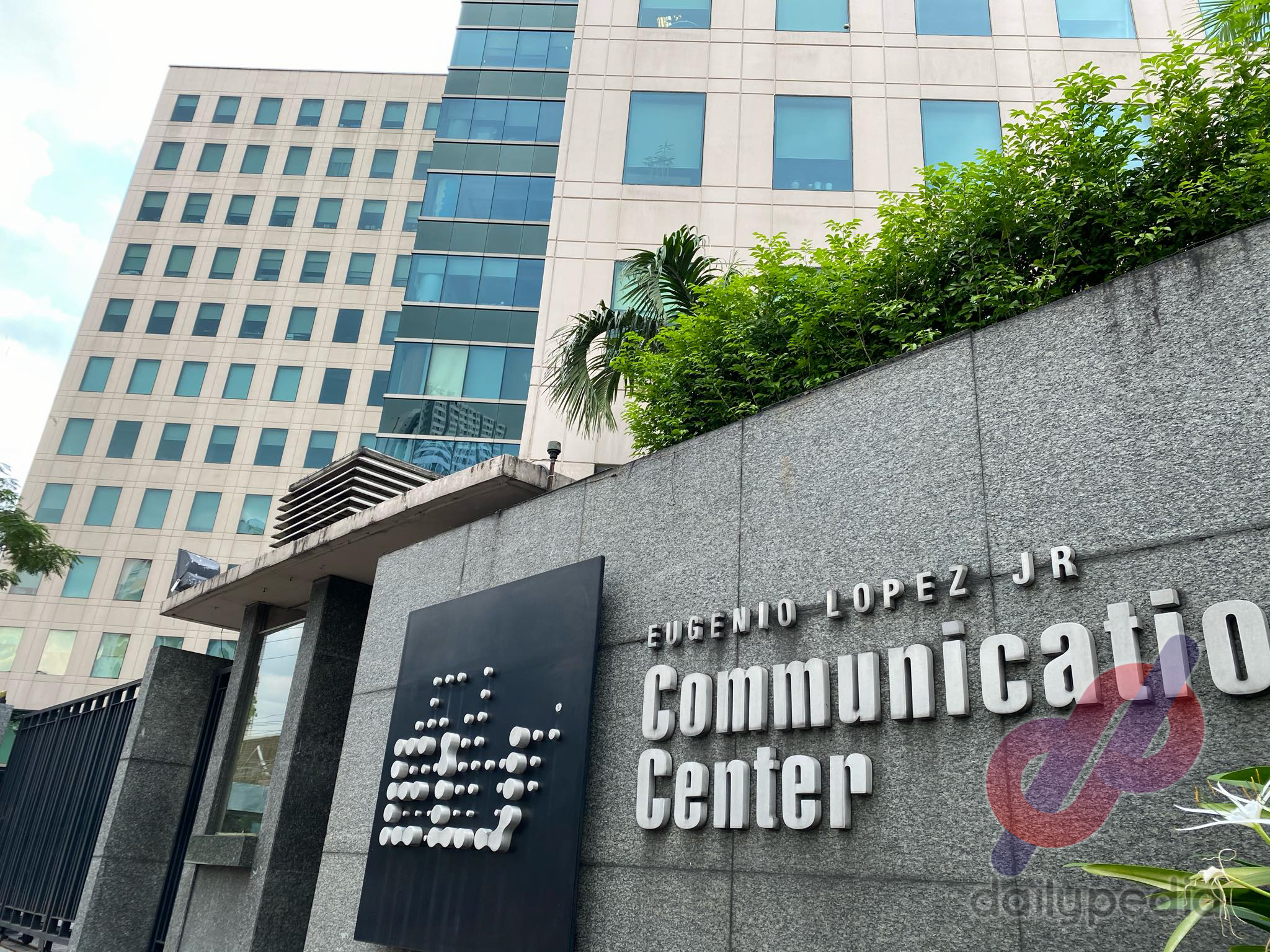ABS-CBN Corporation’s communications head Kane Errol Choa confirmed Monday that the media and entertainment group is not for sale.
This text message came after businessman Dennis Uy said his holding firm Udenna Corp. has “no intention to acquire ABS-CBN.”

“Being in the business of broadcasting is not part of our corporate direction,” Uy said in a statement issued Sunday evening.
It had been speculated that Uy had plans to buy the network, even more so recently when it just got shut down.
Uy is from Davao and was a lobbyist for the President Duterte during his presidential run, and just got into the media business last December. His net worth boomed when Duterte was officially sworn in.
“I have high respect for the things ABS-CBN had done and continue to do… We are hoping that their issues be resolved soonest,” Uy said
Uy donated P30 million to Duterte’s campaign but just like any other tycoons, was subjected to controversy.
The Department of Justice accused Uy’s Phoenix Petroleum of smuggling in 2011 but lost the case.
Though there are clearly no plans on selling the network, the NTC could possibly decide whether ABS-CBN has lost its rights to hold its frequencies without a franchise, which could change the entire narrative.

NTC Deputy Commissioner Edgardo Cabarios previously said that the media giant will be given the opportunity to justify why the network should maintain its frequencies, without authority to air.
“If they cannot justify their holding of frequencies, we can recall those frequencies,” Cabarios said at the time.
TV and radio networks operate through frequencies, but once these are recalled, the NTC then has the power to bid them out to a new player following state guidelines.
ABS-CBN was granted 10 days to submit the required justifications before the NTC, which will expire this week. In addition, the network sought a restraining order against the NTC before the Supreme Court, and that matter will be tackled on Tuesday.
“But this [NTC’s decision to recall frequencies] can still be challenged before the Court of Appeals. Mahaba pa po ito,” Cabarios said.


